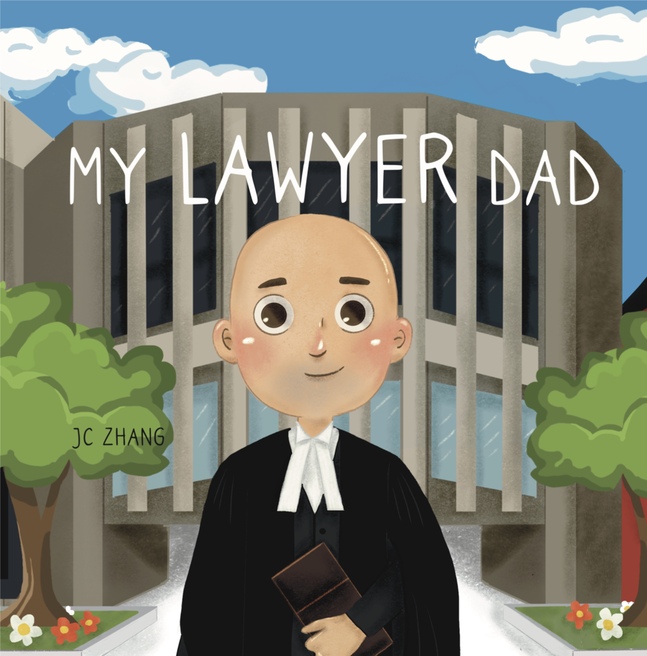A Return to an Evidence-Based Justice System
Neil Etienne interviewed Omar Ha-Redeye in the Law Times on the recent Canadian elections and its effect on the justice system:
Toronto lawyer Omar Ha-Redeye says Wilson-Raybould’s mandate to review the government’s litigation strategy is a big job for the rookie minister. He says the philosophical swing from a Conservative government led by a former Reform party MP to the new Liberal regime will likely bring significant change to Ottawa’s legal approach.
Ha-Redeye says that while the niqab debate was certainly a polarizing one during the election campaign, it was one that affected only a small portion of the population. He says its prominence in the election is most likely why the government dealt with it so quickly but he suggests there are far more significant areas for Wilson-Raybould to review.
“There are going to be substantive changes in terms of a new majority government coming into place. They announced that [nibaq decision] early on in this new administration because they wanted to signal very clearly the new type of approach they are going to be taking toward issues,” he says. “But in terms of the justice system, this has a fairly negligible impact and there’s much bigger issues at stake.”
Ha-Redeye says one issue the Canadian Bar Association and many lawyers are particularly keen on seeing action on is the approach to mandatory minimum sentencing.
“Irrespective of political ideology, there has been widespread and near-unanimous opposition in the legal community against those measures,” he says, adding he expects the government to appeal some of the laws and withdraw from some of the litigation they’ve spawned.
“From a justice prospective, I think that is probably the most pressing issue and the cases that will have the greatest impact on the population.”
…
In the short term, Ha-Redeye says the government should focus on reviewing elements of Bill C-51, legislation he says is akin to “medieval” law.
“As unfortunate as they were, I don’t think the attacks in Paris should deter us from moving in this direction. We need to go back to being an open society,” he says.
“I don’t see how it’s a just approach and I think it’s contrary to public policy. Of course, it’s still an open debate and there’s a lot of discussion in the legal community as well as within the [Liberal] party about how much is going to be retracted.”
…In general, Ha-Redeye says there will likely be a significant philosophical change to the government’s approach to litigation matters. “It may not be evident to the public already, but we’re turning back toward an evidence-based justice system,” he says.
 Previous Post
Previous Post Next Post
Next Post